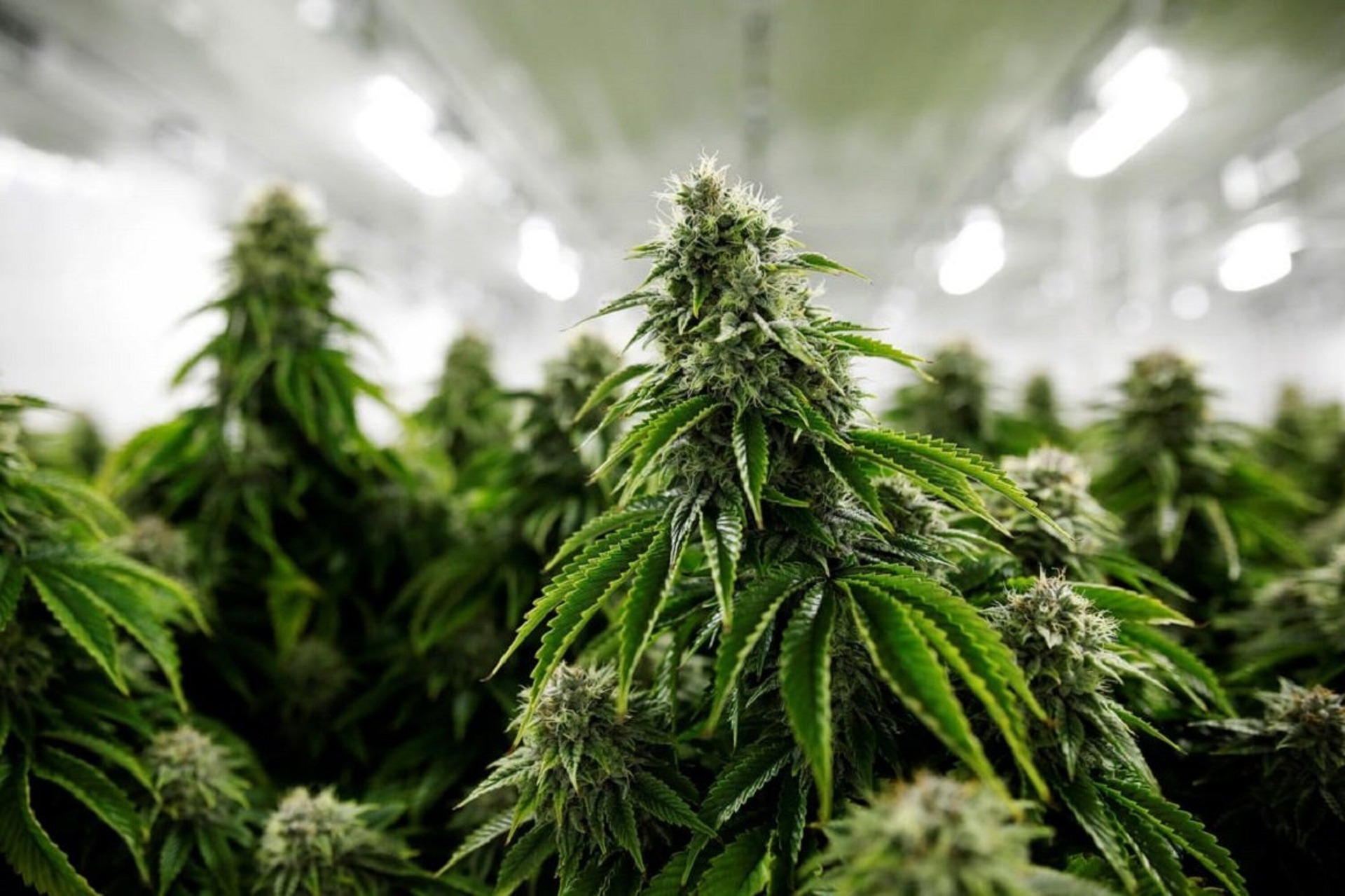The Virginia House of Delegates and State Senate voted to pass two bills that would legalize marijuana—but questions about regulation and implementation of the bills’ policies have yet to be resolved.
HB 2312 and SB 1406, the House and Senate versions of the bill, respectively, received votes on February 5. That date marked the state’s “crossover deadline,” the deadline by which a bill must pass out of the chamber in which it was introduced. If the bills hadn’t passed both Democrat-controlled chambers by this deadline, they would have been dead for this legislative session.
The House version of the bill cleared the chamber 55-42, and the Senate version passed with a 21-15 vote. The bills’ passage bolsters advocates’ hopes of seeing legalization in the South for the first time. Going forward, lawmakers and advocate must reconcile key differences between the two bills before sending legislation to be signed by Gov. Ralph Northam (D-Va.).
“At this point it’s unnecessary to get mired in minutiae,” Jenn Michelle Pedini, executive director of Virginia NORML, told Marijuana Moment before the vote. “Currently, efforts are largely focused on advancing the bills to their required floor votes before the crossover deadline, and in a posture that is generally acceptable by the majority of each chamber.”
That’s left some of the bill’s key provisions and implications up in the air.
Regulation and Timing
When Northam unveiled his vision for marijuana legalization in January, his version of the bill proposed starting retail cannabis sales in 2023. Northam’s proposal would also have renamed the agency that oversees the state’s alcohol sales the Virginia Alcoholic Beverage and Cannabis Control Authority, and delegated them the authority to oversee marijuana businesses.
Those components of the bill were changed with amendments passed by the Virginia House and Senate this week. Lawmakers want to push the start date to 2024, in order to accommodate the creation of an independent agency to oversee the state’s cannabis industry.
However, some lawmakers are concerned that a later start date for legalization would open up more people to punishments for marijuana charges, and are arguing for laws against possession to be repealed as early as July 1, 2021.
As of July 2020, the possession of up to one ounce of marijuana is decriminalized in Virginia; people found in possession will face a $25 civil fine.
“I’m excited that we’ve chosen to have an independent agency,” Chelsea Higgs Wise, the director of Marijuana Justice, told the Virginia Mercury. “But what worries me is that we are aligning timing of regulation with timing of repealing the prohibition for simple possession, and those two things should not be legislated together.”
Social Equity
Concerns remain about whether the bill will sufficiently reinvest in the Black and Brown communities that have been the most harmed by marijuana criminalization.
The current House and Senate versions of the bills would allocate 30 percent of marijuana revenue to the state’s Cannabis Equity Reinvestment Fund. Another 40 percent, meanwhile, would fund the state’s pre-K programs. Advocates are pushing for the full 70 percent to go to the Cannabis Equity Reinvestment Fund.
“While [we are] in favor of funding pre-K,” Billie Brown, a founding member of the Cannabis Equity Coalition of Virginia (CECVA), told lawmakers during a hearing according to Marijuana Moment, “this has always been a direct obligation of Virginia taxpayers from the general fund.”
Virginia advocates’ desire to push the bills through committee and reconcile the lingering questions later echoes the choice that some supporters of the MORE Act made to support the bill even after some problematic provisions were added at the last minute. In that instance, marijuana legalization advocates at the federal level accepted certain provisions that went against principles of social equity, but vowed to work to get them removed.
“We have been shut out of so much,” hemp grower and CECVA spokesman Leroy Hardy Jr., who is Black and Indigenous, told the Richmond Free Press. “The Black community across Virginia needs to be on the ground floor of this huge opportunity to build new ways to create wealth and opportunity for our communities.”
This article has been updated to reflect that the Virginia House of Delegates and State Senate voted to pass HB 2312 and SB 1406.
Photograph via Pixabay





Show Comments